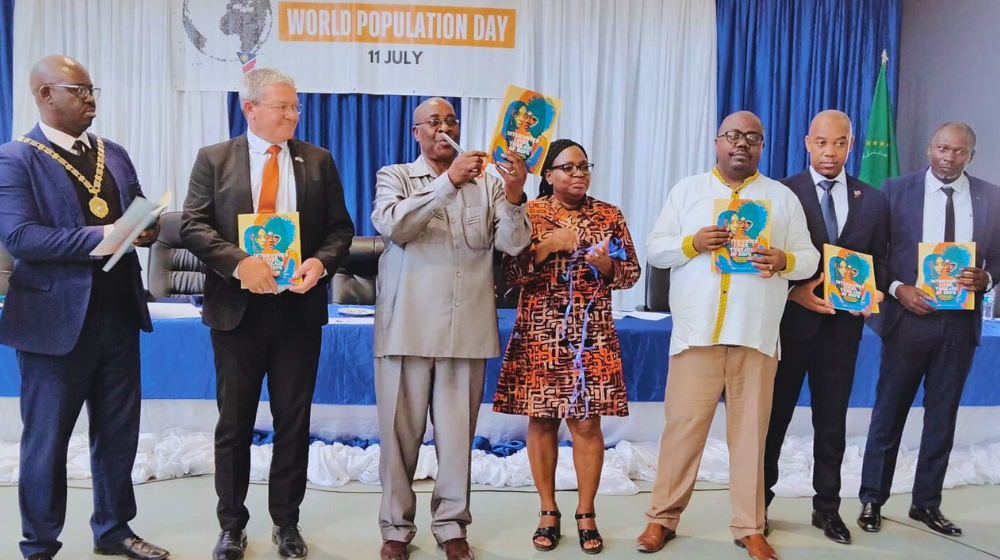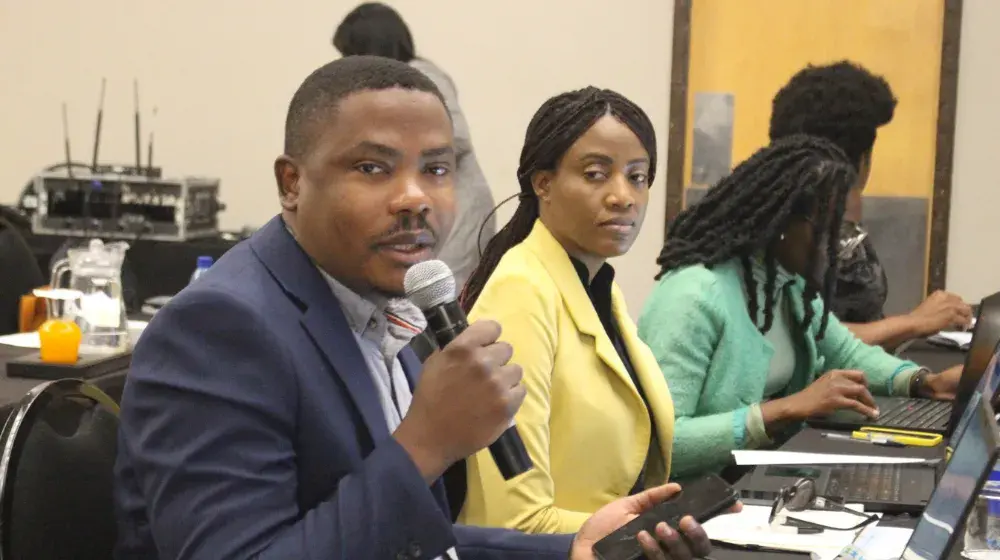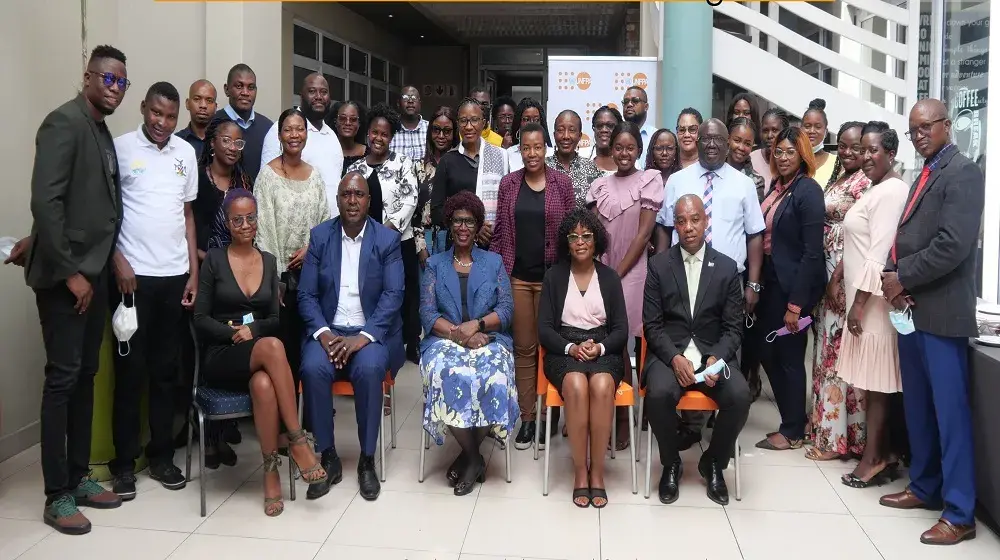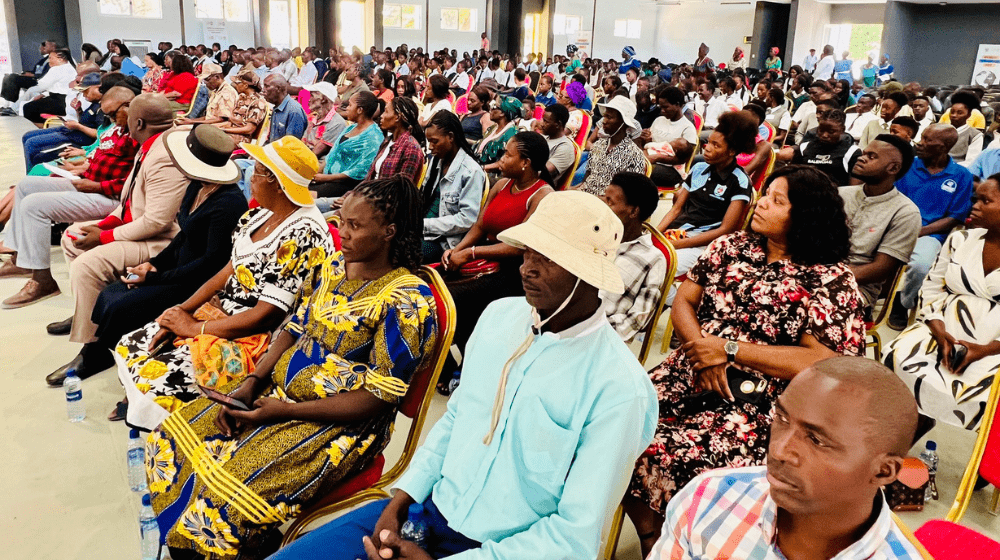
Zambezi Region, Namibia – The Zambezi Region hosted the 2024 World Population Day commemoration alongside the launch of the State of World Population Report, an important occasion highlighting key issues related to inclusive development and the importance of addressing inequalities in Namibia.
This year’s World Population Day focused on the theme “Embracing the Power of Inclusive Data Towards a Resilient and Equitable Future for All,” which emphasizes the vital role that disaggregated, reliable data plays in promoting progress and ensuring that no one is left behind. The State of World Population Report 2024, titled “Interwoven Lives, Threads of Hope: Ending Inequalities in Sexual and Reproductive Health and Rights,” draws attention to the urgent need to tackle disparities in healthcare, particularly among marginalized communities, and ensure everyone can benefit from development.
The event provided a moment to reflect on the role of data – not just as a tool for measurement, but as a key to unlocking meaningful change. With reliable data, policymakers can make informed decisions and craft interventions that truly make a difference in the lives of citizens.
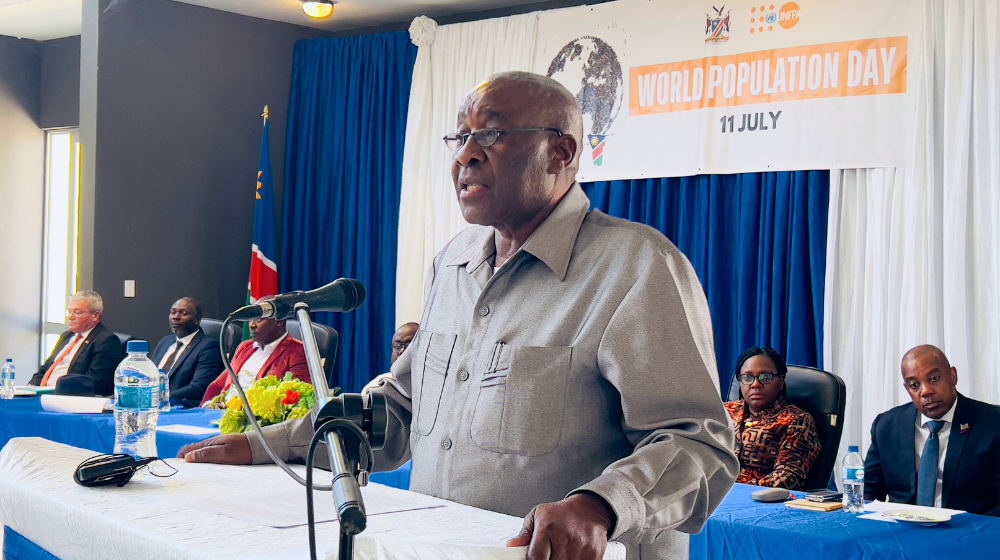
In his keynote address, Zambezi Governor Hon. Lawrence Sampofu, who spoke on behalf of Hon. Dr. Kalumbi Shangula, Namibia’s Minister of Health and Social Services, highlighted the progress Namibia has made in sexual and reproductive health (SRH). Maternal mortality, for instance, has dropped significantly, standing at 215 deaths per 100,000 live births in 2020. Additionally, the contraceptive prevalence rate has increased to 61%, up from 23% in 1992.
However, Hon. Sampofu noted that challenges persist, especially in rural areas, and that Namibia’s efforts to expand healthcare services and empower young people to make informed SRH choices are more crucial than ever.
“Namibia has a young population, with 71.1% under the age of 35. This makes promoting sexual and reproductive health a top priority, particularly when it comes to addressing the spread of sexually transmitted infections,” he said.
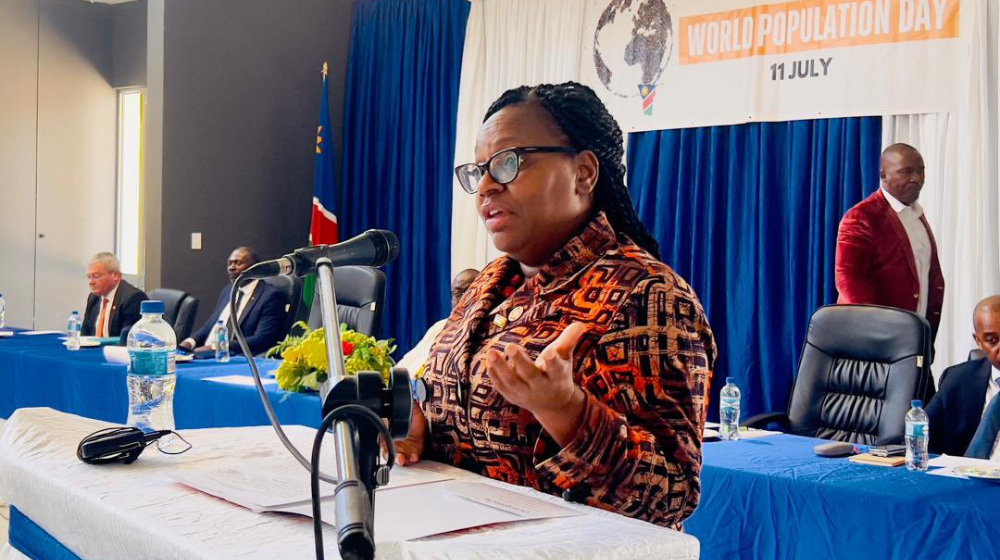
Addressing data gaps and marginalization
Ms. Erika Goldson, UNFPA Namibia Representative, stressed the need for accurate and timely data, especially in areas that are often overlooked, such as maternal health. “Too many marginalized communities still don’t appear in the statistics, and that can lead to missed opportunities for critical interventions,” she explained.
Mr. Alex Shimuafeni, the Statistician-General of the Namibia Statistics Agency, spoke about the importance of the 2023 Census in ensuring that everyone is counted, in line with the theme Leave No One Behind, Count Everyone. “We’ve made it a priority to count every individual, no matter where they live or their background,” he said.
Mr. Ned Sibeya, Director of Development Partners Coordination at the National Planning Commission, added to the conversation by highlighting the power of data in guiding Namibia’s development efforts. “Data isn’t just numbers; it’s the roadmap that helps us understand what we need and how to reach our goals,” he said.

